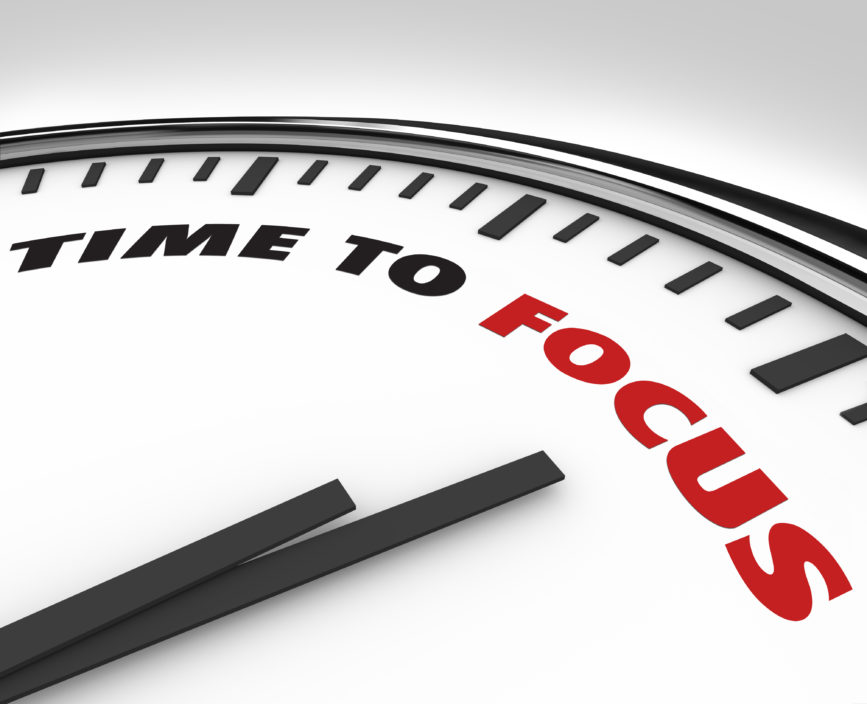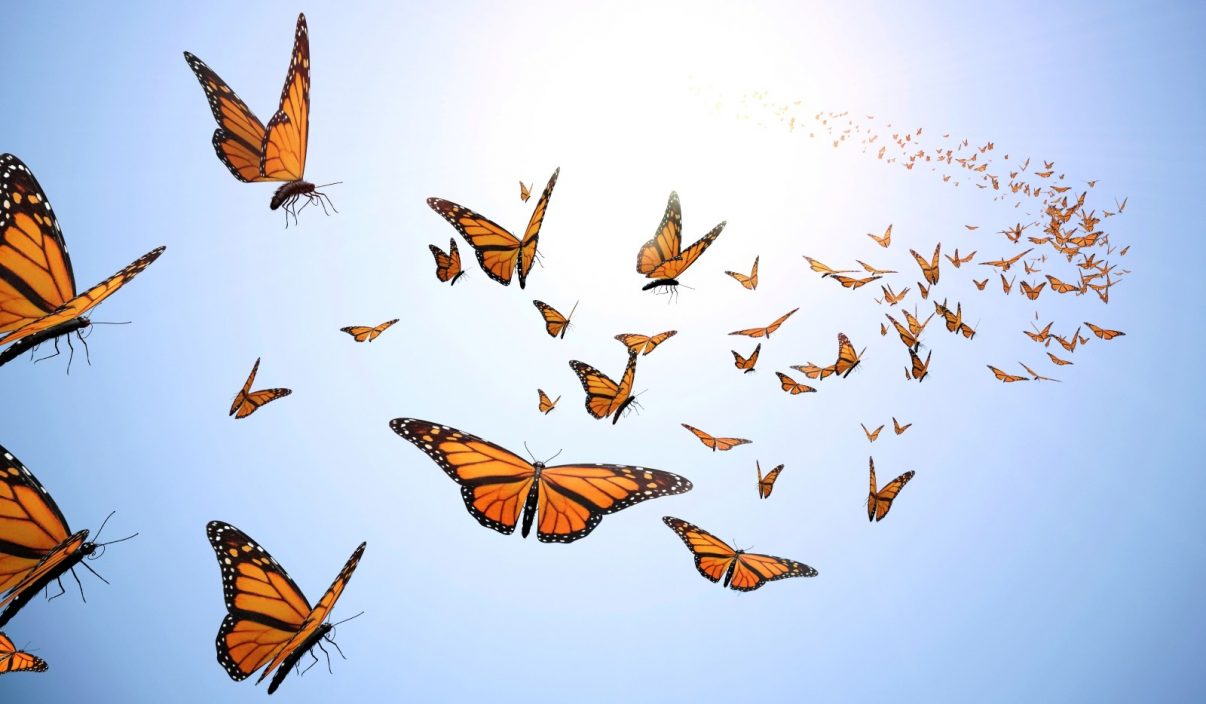For over a decade, Dr. Carol Dweck and her team from Stanford University have been sharing the power of ‘yet’ with students, teachers and professionals in boardrooms, classrooms and locker rooms from Wall Street all the way to small towns in Africa.
Her insights into the differences between a growth mindset and a fixed mindset suggest that this small, yet powerful word holds a great deal of importance when it comes to skill development and long term performance in fields from education, to business and even elite sports.
Some of her ideas are particularly informative and helpful for those people who are interested in developing their mental skills, including the ability to control mental focus under pressure, learn from stress and failure, and build strong connections with peers and teammates.
So what is a growth mindset and how can it help us improve mental performance? At its core it is a very simple concept. People with a fixed mindset view their capabilities or capacities as fixed. This perceived ‘ceiling’ puts a limit on their ability to meet any given challenge they might face. That is to say that they think “I am good at some stuff, mediocre at other stuff, and no good at certain stuff”, etc. From this perspective, failure is the result of the challenge exceeding one’s capacity and and success happens when a challenge fits under the limit or within one’s capacity. The more important thing about the fixed mindset is that when the capacity to perform is exceeded by the challenge, there is nothing to gain by examining failure, other than the reinforcement of the idea that “I was not up to this challenge” and therefore, people who hold a fixed mindset tend to look away from failure, not into it.
On the other hand, a growth mindset suggests that one’s capacities are constantly growing and that failure simply indicates that some capability, capacity, insight, or skill is not up to the challenge….YET!
From this point of view, any challenge that cannot be met identifies capabilities that can be improved in order to meet that challenge in the future. More importantly, this point of view suggests that shortcoming in these capacities represent temporary and practically addressable limitations that can be improved via a straightforward process of investigation, learning practice and growth. (We call that Stress Cycling)
Modern brain science can now offer insights into some of the neurological mechanisms that might facilitate Dr. Dweck’s premis. Neuroplasticity suggests that a fixed mindset is not only limiting but also misleading and incorrect. We now know that is is not only our tactics and strategies that can evolve and improve with practice, but the actual structure of our brains. Even genetic traits that might have been thought of as unchangeable only a few decades ago now appear to have ‘on’ and ‘off’ switches that we can access thought behavior, and conscious intervention.
So, the next time you think the thought “Darn, I/we are not up to this challenge”, remember to add the word YET! Then dig into what you can do to fill in the gaps in your capacity! If you know that your skills, habits, insights and even your neurology can adapt to meet almost any challenge, its much easier to look into your failures as opposed to away from them. The habit of looking into challenging situations is self reinforcing. The capacity to learn, grow and adapt is a fundamental property of how our brains work. Much more fundamental than any limitation in our skills, insights or capabilities.



Leave a comment